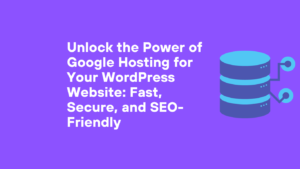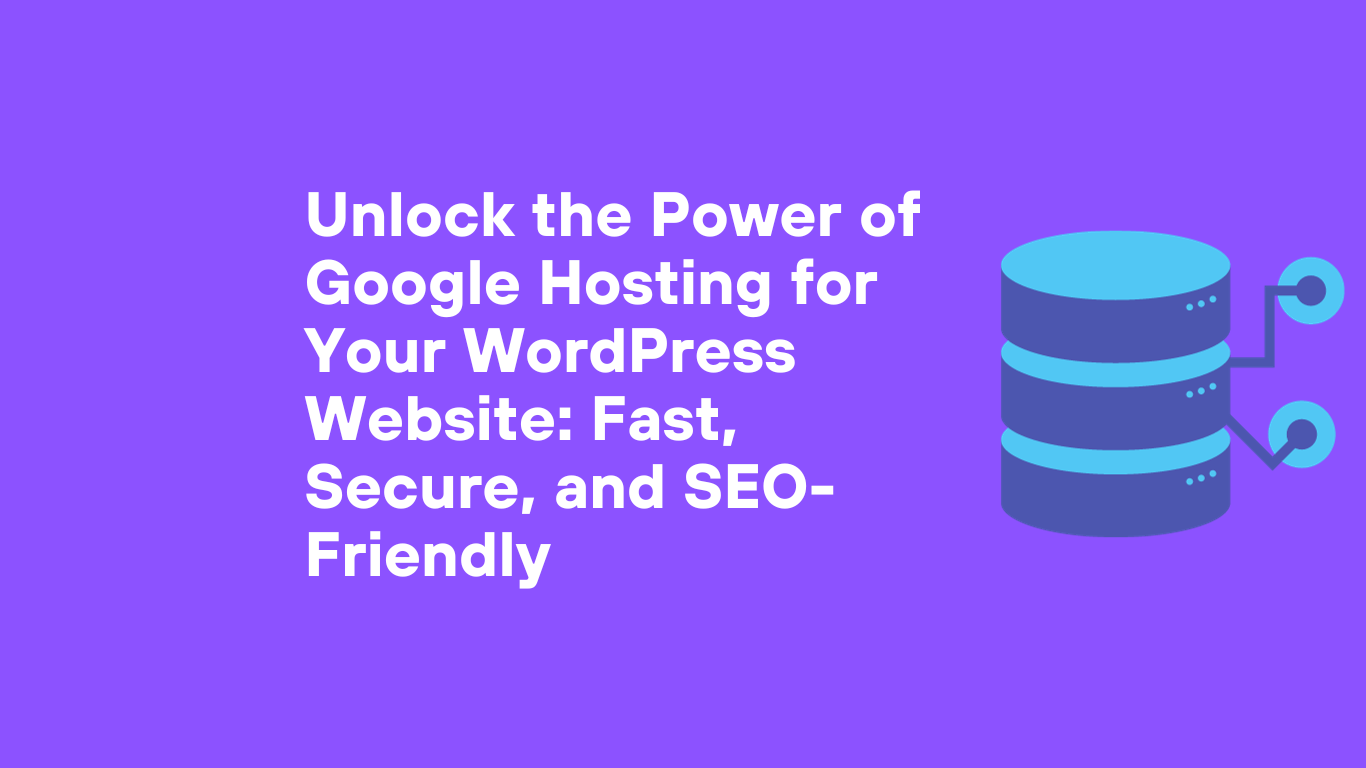In today’s fast-paced digital world, a slow and unresponsive website can be detrimental to your online presence. Visitors expect websites to load quickly and seamlessly, and if they are left waiting for your site to load, they are likely to abandon it and move on to your competitors.
Therefore, it is essential to regularly test the performance of your WordPress website to ensure it is running efficiently. In this article, we will guide you through the process of performing a WordPress website performance test, helping you optimize your site for speed and smooth navigation.
Why Perform a WordPress Website Performance Test?
Before diving into the steps of performing a WordPress website speed test, let’s understand why it is necessary. A fastloading website offers a better user experience, improves search engine ranking, and increases conversion rates.
By assessing your website’s performance, you can identify potential bottlenecks and take necessary actions to resolve them. So, let’s get started!
Analyze Your WordPress Website’s Current Performance
To begin with the WordPress Website Performance Test, you need to establish a baseline for your website’s performance. Several online tools, such as Google PageSpeed Insights, GTmetrix, or Pingdom, can provide detailed reports on your website’s speed and performance.
These tools analyze various factors like page load time, page size, and requests made to the server. By examining these metrics, you can gauge how well your website is performing and determine areas that require improvement.
Optimize Images and Media Files
Large image and media file sizes can significantly slow down your website. To improve performance, you should compress and optimize images before uploading them to your WordPress website.
Several plugins, like Smush and EWWW Image Optimizer, can automatically compress and optimize images to reduce their file size without affecting the quality. Additionally, consider implementing lazy loading for images and videos, which defers their loading until they are visible on the user’s screen. This technique can significantly improve page load times and save bandwidth.
You can also hire WordPress Website Speed Optimization Experts to do the job for you.
Minify CSS and JavaScript Files
Another crucial step in improving website performance is minifying CSS and JavaScript files. This process involves removing unnecessary characters, such as white spaces and comments, from the code.
Smaller file sizes result in faster loading times and decreased bandwidth usage. Popular WordPress plugins like WP Super Minify and Autoptimize can automatically minify your CSS and JavaScript files without you having to manually edit them.
These plugins also offer advanced options to combine multiple files into a single file, further reducing the number of requests made to the server.
Enable Caching for WordPress Website Performance Test
Caching helps in storing frequently accessed data, such as HTML pages or CSS files, so that they can be served quickly to users.
By enabling caching on your WordPress website, you can significantly improve page load times and reduce server load. There are several caching plugins available for WordPress, such as W3 Total Cache and WP Rocket, which can easily integrate caching into your website.
These plugins offer various caching methods like browser caching, page caching, and object caching. Additionally, consider implementing a content delivery network (CDN) to deliver static files from servers located closer to your visitors, further boosting performance.
Regularly Update WordPress and Plugins
Keeping your WordPress installation and plugins up to date is crucial for optimum website performance. Developers constantly release updates that may include bug fixes, security enhancements, and performance optimizations.
By regularly updating WordPress and your plugins, you can ensure that your website remains secure, compatible with the latest technologies, and runs smoothly.
Most WordPress installations provide notifications for available updates, and with just a few clicks, you can keep your website up to date.
Frequently Asked Questions
How do I know if my WordPress website’s performance is poor?
You can use online tools like Google PageSpeed Insights, GTmetrix, or Pingdom to generate reports on your website’s performance. These tools analyze various performance factors and provide recommendations for improvement.
What should be the ideal page load time for a WordPress website?
The ideal page load time for a WordPress website is under 3 seconds. Anything exceeding this could result in higher bounce rates and negatively impact user experience.
Can I perform a WordPress website speed test without technical knowledge?
Yes, you can use various performance testing tools that provide user-friendly interfaces and detailed reports, allowing you to assess your website’s performance without extensive technical knowledge.
Are there any plugins available specifically for WordPress website performance optimization?
Yes, there are numerous plugins available for WordPress performance optimization, such as caching plugins like W3 Total Cache and image optimization plugins like Smush.








